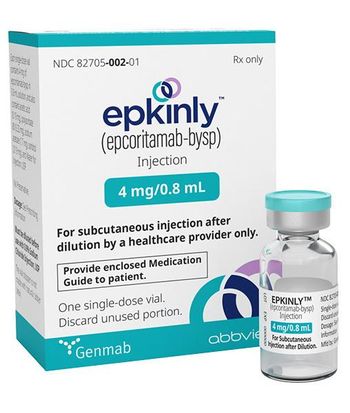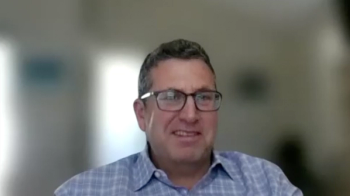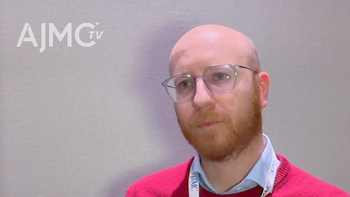
Dr Andre Goy Discusses What We’ve Learned About CAR T Therapies and Cytokine Responses
Andre Goy, MD, of John Theurer Cancer Center, discussed what we’ve learned from existing chimeric antigen receptor T (CAR T)-cell therapies in managing cytokine responses.
Andre Goy, MD, chairman, director, and chief of the Division of Lymphoma at John Theurer Cancer Center in Hackensack, NJ, discussed what we’ve learned from existing chimeric antigen receptor T (CAR T)-cell therapies in managing cytokine responses.
Transcript
Since the approval of the first two CAR T-cell therapies, and their use outside the clinical trial setting, what are the most important things we have learned about the management of cytokine release syndrome [CRS]?
We have made a lot of progress in managing patient with CAR T-cells in terms of toxicity, particularly with their cytokine release syndrome and with the use of anti-IL-6 receptor with tocilizumab or infliximab. We use it prophylactically, preemptively and this has been very helpful in mitigating some of the CRS aspect. We also have used steroids and there's been some studies looking at preemptive use of steroids [garbled] in a context of CAR-T to improve the toxicity profile. And what has been interesting is that not only has the toxicity profile improved, but it has not really affected the responses and the outcome.
Newsletter
Stay ahead of policy, cost, and value—subscribe to AJMC for expert insights at the intersection of clinical care and health economics.
















